
by Kalyn Waters | Jul 28, 2017
This week’s featured weed is tropical soda apple, a serious weed problem in many pastures and natural areas of Florida. This invasive weed is very prolific and can infest a pasture in a very short time. Its fruit are toxic to goats, and the unpalatable thorny leaves...
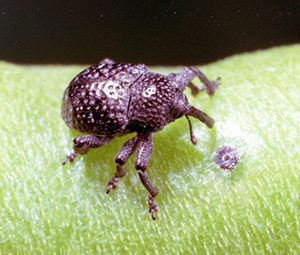
by Matt Lollar | May 12, 2017
Peas are a staple food throughout the South. Whether you prefer southern peas, cowpeas, or blackeye peas, they are all under threat from the cowpea curculio, also known locally as pea weevils. With the mild winter this year, growers can anticipate that cowpea...
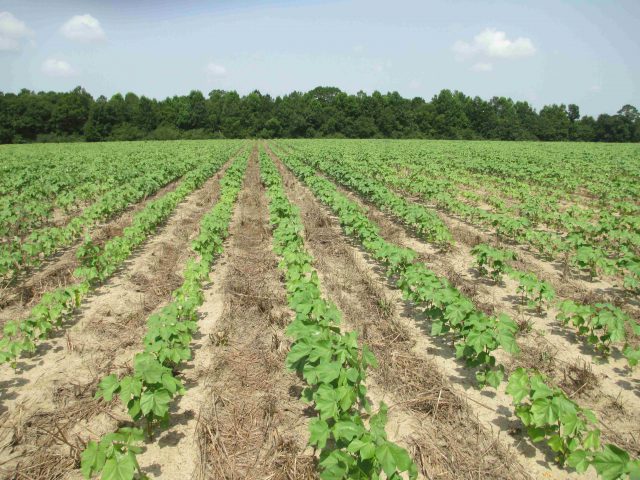
by Ethan Carter | Apr 7, 2017
Ethan Carter, Regional Crop IPM Agent, Jay Ferrell, and Ramon Leon, UF/IFAS Weed Specialists Late last week, after much anticipation, the Florida Department of Agriculture and Consumer Services provided the final approval for use of 2,4-D and dicamba in resistant...
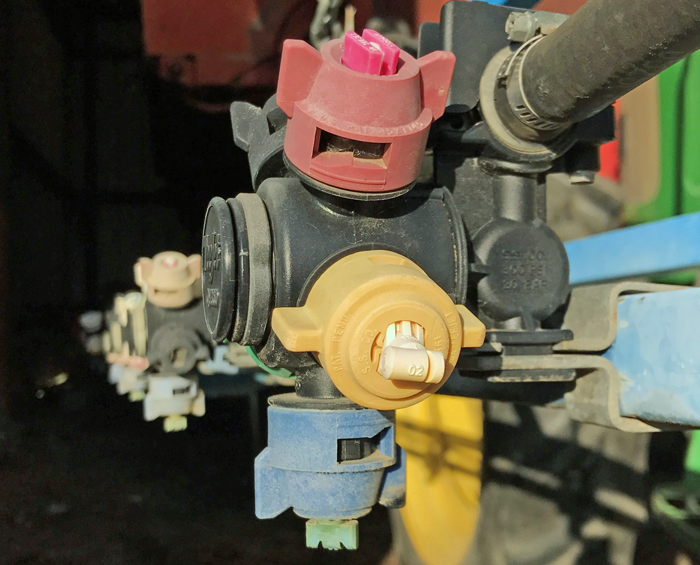
by Ian Small | Feb 24, 2017
Ian Small, UF/IFAS Plant Pathologist, NFREC Quincy, and Jeff Clack, Hypro Pentair Flow Technologies There is no shortage of new technologies being marketed to improve the efficiency of farming operations. The most cost effective place to start is with the basics, or...
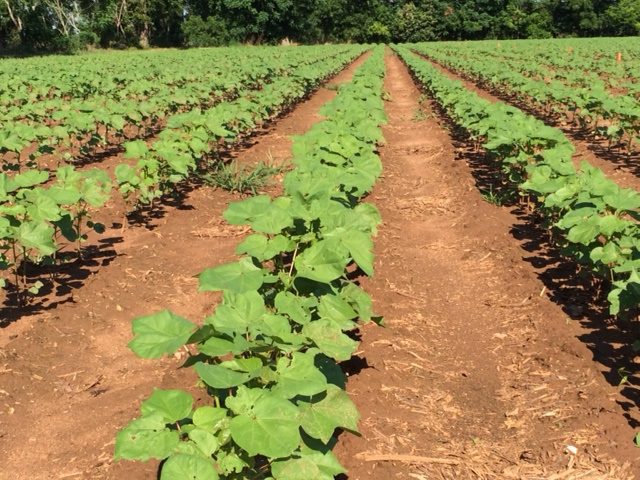
by Libbie Johnson | Feb 3, 2017
Alabama Cooperative Extension will offer training for anyone who will be applying auxin herbicides to dicamba or 2,4-D tolerant crops. While mandatory for Alabama farmers, Florida farmers can also attend these educational classes. See the table below for the date,...
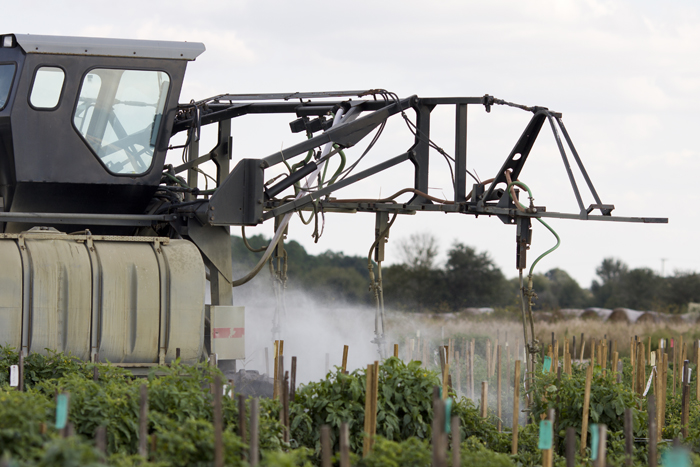
by Ethan Carter | May 27, 2016
The Great CEU Round-Up July 27, 2016 8am-4pm EDT It’s that time of year again, the Florida Turfgrass Association (FTGA) and UF/IFAS have teamed up to present The Great CEU Round-Up. Designed to allow pesticide license holders to earn up to six CEUs, this all day...







